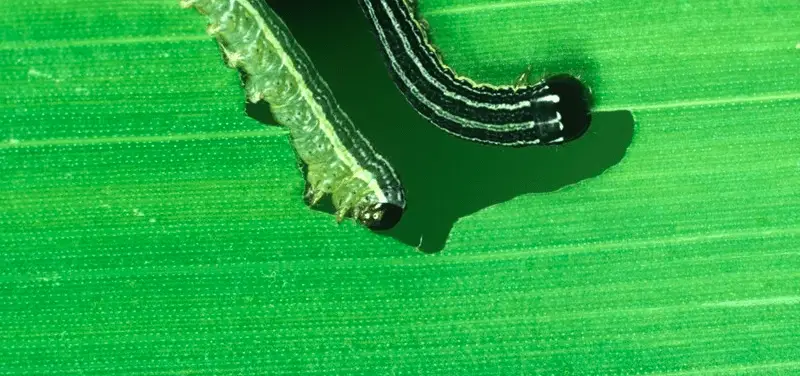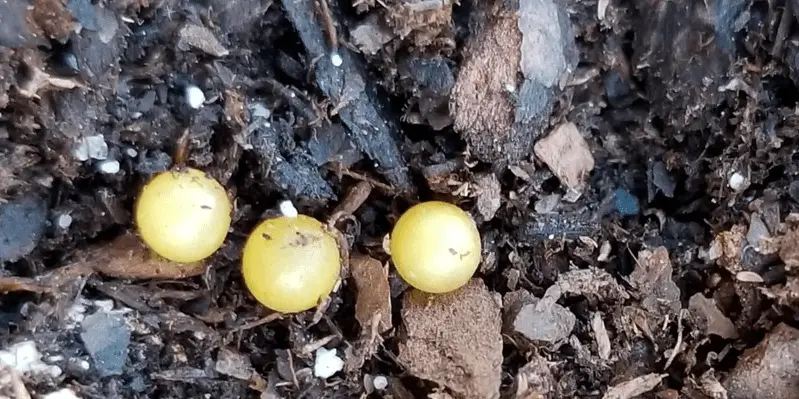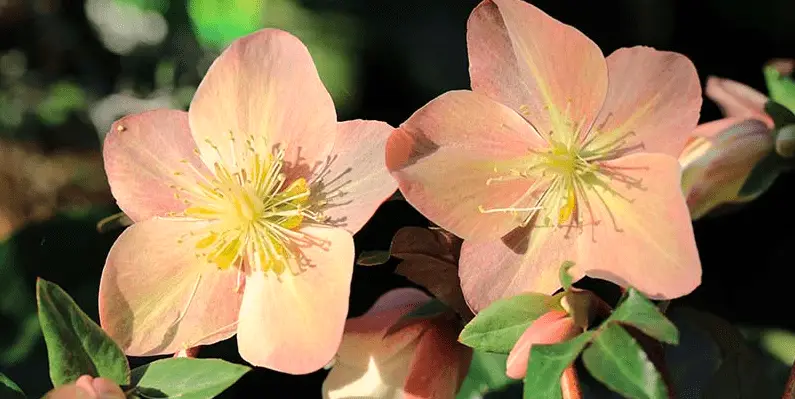It’s the time of year when gardeners start to think about planting their summer flowers. One of the most popular types of flowers for gardens is the begonia. Begonias come in a variety of shapes and sizes, and there is a type of begonia for just about every climate.
But one question that begonia gardeners often ask is whether or not begonias are slug resistant. In this blog post, we will take a look at the answer to that question!
Are Begonias Slug Resistant?
Yes, begonias are slug resistant. In fact, they are one of the most slug-resistant flowers that you can grow in your garden! This is because slugs dislike the taste of begonias, and they will often avoid eating them altogether.
Begonias also have a thick, waxy coating on their leaves that slugs cannot penetrate. This means that if you have a begonia plant in your garden, it is very unlikely that you will ever see a slug on it!
So if you’re looking for a summer flower to add to your garden this year, begonias are a great option. Not only are they beautiful and easy to care for, but they will also keep your garden free of pesky slugs!
Can I Make a Slug-Resistant Bed with Begonias?
Yes, you can! If you want to create a bed that is completely resistant to slugs, you can plant begonias around the perimeter of the bed. This will create a barrier that slugs will not be able to cross.
You can also add other slug-resistant plants to the bed, such as marigolds, impatiens, and petunias. By doing this, you will create a beautiful garden that is also completely safe from slugs.
To make the bed, simply choose a location that gets full sun and prepare the soil by tilling it and adding some compost. Then, plant your begonias (and other slug-resistant plants) around the perimeter of the bed. Water regularly, and you will soon have a beautiful, slug-free garden!
Other Ways to Keep Slugs Out of the Garden
In addition to planting begonias around the perimeter of your garden, there are other ways that you can keep slugs out.
1. Slug Barrier
One way is to create a “slug barrier” with objects such as stones, bricks, or woodchips. Simply place these objects around the perimeter of your garden, and slugs will not be able to cross them.
You can make this barrier sharp to the touch by using eggshells and other sharp objects. This will deter slugs from even attempting to cross the barrier!
2. Slug Pellets
Another way to keep slugs out of the garden is to use slug pellets. Slug pellets are poisonous to slugs, and they will die if they eat them.
However, slug pellets can also be harmful to pets and children, so it is important to use them with caution. If you decide to use slug pellets in your garden, be sure to follow the instructions on the package carefully.
The Slug & Snail Bait comes well recommended by me and the hundreds of other gardeners I’ve spoken to over the years. It’s affordable and works like a charm.
3. Handpicking
Another way to keep slugs out of your garden is to handpick them. This is a bit more time-consuming, but it can be very effective. Simply walk around your garden each day and look for slugs.
When you find one, pick it up and throw it into a bucket of soapy water. Doing this every day will eventually reduce the slug population in your garden. You can even use slug traps to help in your quest to rid your garden of these pests!
Conclusion
In conclusion, begonias are slug resistant and can be used to create a slug-resistant bed. There are also other ways to keep slugs out of your gardens, such as using a slug barrier or mulch. Handpicking is also an effective method, but it requires more time and effort.
Whatever method you choose, by following these tips you can keep your garden free of slugs. Do you have any tips for keeping slugs out of the garden? Share them in the comments below!
Tim is an avid gardener from the UK. He was the founder of PlantCarer.com from 2021 to Sep 2023. He sold PlantCarer.com to Aaron. He has since started his own business called Seed To Supper, which provides new gardeners all the materials you need in a box (pots, seeds, compost and instructions) to grow your own delicious and nutritious vegetables and herbs from start to finish – no garden required.









0 Comments